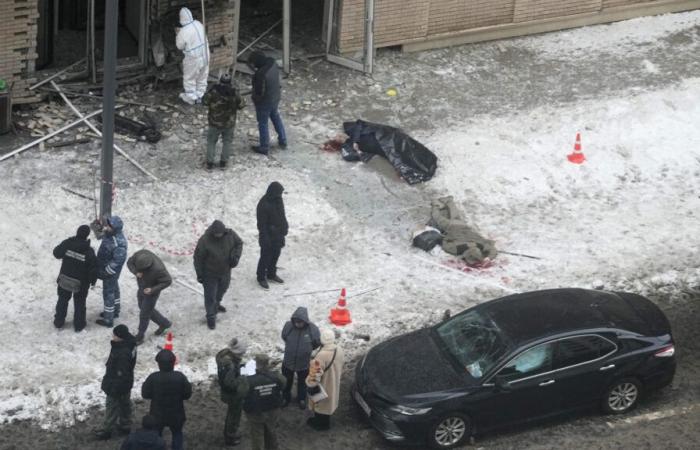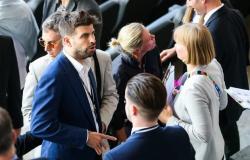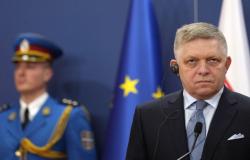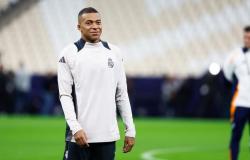Lieutenant General Igor Kirillov, head of the army’s nuclear, biological and chemical protection forces, was killed while leaving his office. The general’s aide also died in the attack.
Igor Kirillov, 54, was under sanctions from several countries, including the United Kingdom and Canada, for his actions in Moscow’s war in Ukraine. On Monday, Ukraine’s security services (SBU) opened a criminal investigation against him, accusing him of ordering the use of banned chemical weapons.
An SBU official said the agency was behind the attack. The official, who spoke on condition of anonymity because he was not authorized to release the information, described Kirillov as a “war criminal and a completely legitimate target.”
The SBU said it had recorded more than 4,800 occasions when Russia used chemical weapons on the battlefield since its full-scale invasion in February 2022. In May, the US State Department said it had recorded the use of chloropicrin, a poisonous gas first deployed during World War I, against Ukrainian troops.
Russia has denied using chemical weapons in Ukraine and accused Kyiv of using toxic agents in combat.
Kirillov, who took his current position in 2017, was one of the most high-profile figures to make these accusations. He has held numerous briefings accusing the Ukrainian military of using toxic agents and planning to launch attacks with radioactive substances – allegations that Ukraine and its Western allies have dismissed as propaganda.
The bomb used in Tuesday’s attack was detonated remotely, according to Russian media. Images from the scene showed broken windows and burnt bricks.
General Igor Kirillov was killed Tuesday by a bomb hidden in a scooter outside his apartment building in Moscow. (Associated Press)
“Inevitable reprisals”
Russia’s investigative agency said it was investigating Kirillov’s death as a case of terrorism, and Moscow authorities vowed to punish Ukraine.
Dmitry Medvedev, deputy head of the Russian Security Council chaired by President Vladimir Putin, described the attack as an attempt by Kyiv to distract public attention from its military failures and vowed that its “top military-political leadership will face inevitable reprisals.
Over the past year, Russia has been on the front lines of the war in Ukraine, pushing deeper into the eastern Donetsk region despite heavy losses. Ukraine attempted to change the dynamic with an incursion into Russia’s Kursk region, but it continued to slowly lose ground on its own territory.
Since the Russian invasion, several prominent figures have been killed in targeted attacks believed to have been carried out by Ukraine.
Daria Dugina, a commentator on Russian television channels and daughter of Kremlin-linked nationalist ideologue Alexander Dugin, died in a 2022 car bomb attack that investigators believe targeted her father.
Vladlen Tatarsky, a popular military blogger, died in April 2023, when a statuette given to him at a party in St. Petersburg exploded. A Russian woman, who said she gave the figurine on orders from a contact in Ukraine, was convicted in the case and sentenced to 27 years in prison.
In December 2023, Illya Kiva, a former pro-Moscow Ukrainian MP who had fled to Russia, was shot dead near Moscow. Ukrainian military intelligence welcomed the killing, warning that other “traitors to Ukraine” would suffer the same fate.
On December 9, an explosive device was placed under a car in the Russian-occupied Ukrainian city of Donetsk, apparently targeting Sergei Yevsyukov, the former director of the Olenivka prison where dozens of Ukrainian prisoners of war died in a missile strike in July 2022. Another was injured in the explosion. Russian authorities said they had arrested a suspect in the attack.






